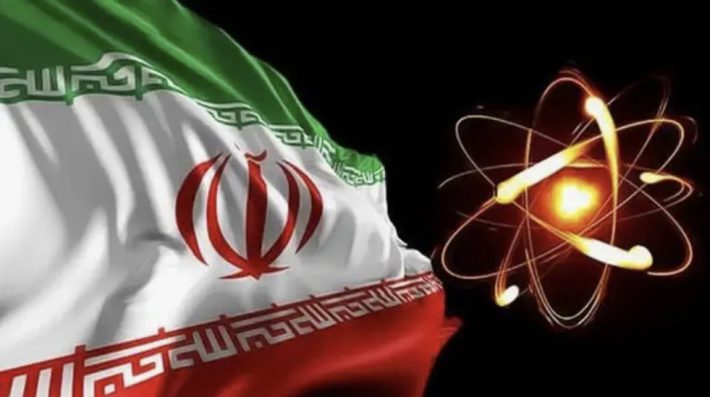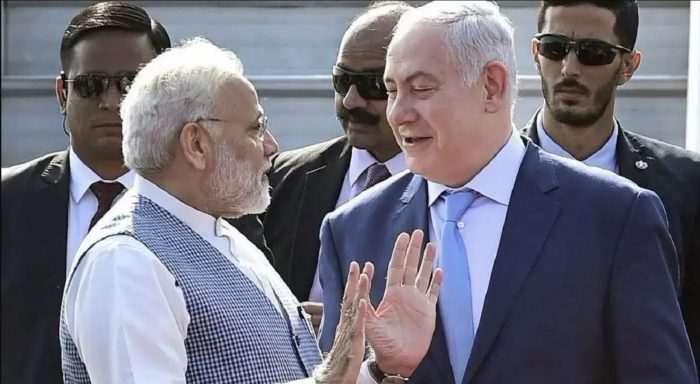Iran scraps its nuclear agreement with the UN watchdog after Europe triggers sanctions “snapback,” escalating confrontation with the West.
Iran Defies UN Watchdog: “Cairo Framework Is Dead” After European Sanctions Move
Iran’s Foreign Minister Abbas Araghchi declared Sunday that the Cairo nuclear framework agreement with the International Atomic Energy Agency (IAEA) is no longer valid, blaming the decision on the European powers’ activation of the “snapback” mechanism, which reinstates pre-2015 UN sanctions on Tehran.
“The Cairo agreement can no longer serve as the basis for our cooperation with the agency,” Araghchi said bluntly at a press conference in Tehran. “The snapback mechanism has changed the circumstances — we are now facing a new situation.”
The announcement marks a major collapse in nuclear diplomacy just weeks after European nations — Britain, France, and Germany (the E3) — reimposed sanctions through the mechanism following Iran’s breach of uranium enrichment limits and missile activity.
From Cairo to Crisis
The Cairo framework, signed in September, had been designed to restore partial cooperation between Iran and the IAEA after Tehran suspended oversight in June. That move followed Israeli-American precision strikes on Iranian nuclear facilities, which Tehran said the IAEA failed to condemn.
Under the Cairo deal, Iran agreed to limited inspections only with prior approval from its Supreme National Security Council — a compromise that drew criticism from Western officials but was hailed in Tehran as a sovereignty safeguard.
Now, Araghchi says the reimposed sanctions make that deal “impossible to uphold.”
“There is no justified reason for invoking the snapback mechanism,” he charged, warning that Europe’s move “will only deepen the crisis and obstruct any diplomatic solution.”
Background: The Snapback Showdown
The snapback mechanism, embedded in UN Security Council Resolution 2231, allows for the automatic reimposition of sanctions lifted under the 2015 Iran Nuclear Deal (JCPOA) if any signatory alleges non-compliance.
The E3 invoked it in August, claiming Iran had enriched uranium well beyond civilian thresholds and obstructed IAEA inspections. When the Security Council failed to extend relief, sanctions automatically re-entered into force in September, including restrictions on arms sales, ballistic missile activity, and nuclear technology transfers.
Iranian officials have since denounced the decision as “illegal and politically motivated”, while blaming Washington and Jerusalem for orchestrating European pressure.
Analysis: Escalation Looms — Israel Warns “No Restraint” if Nuclear Work Resumes
Israeli intelligence officials, speaking to Channel 12, said Araghchi’s announcement “confirms that Iran is returning to a full-scale nuclear weapons pursuit.” Defense analysts warn that Israel could accelerate its own preemptive strategy if Tehran resumes uranium enrichment at Fordow or Natanz.
A senior Israeli defense source said bluntly:
“If Iran crosses the nuclear threshold, Israel will act — agreement or no agreement.”
Meanwhile, Washington has echoed support for the European move. A White House spokesperson said the US “backs the full reimposition of sanctions until Iran returns to total compliance.”





